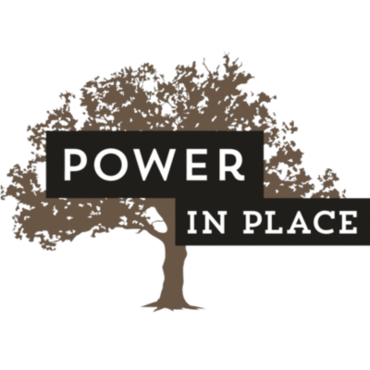Interviewed by Kiersten Hoff
Photographed by Kiersten Hoff
On her place of special meaning: The mural was actually painted in 2018, so this was, I can’t remember the name of the group, but they worked with a lot of people in the community to paint a mural that represents and celebrates the Bangladeshi community here in Hamtramck. The Bangladeshi is a majority here in this little community here in Hamtramck, which is also now referred to as Banglatown. But we are also a minority in Detroit as a whole, and so this mural is just supposed to celebrate the power of our community, the impact that we create.
“A lot of groups or individuals who may consider themselves feminists might think that my hijab is a symbol of oppression. Feminism is realizing how different we are in our identities, and celebrating those differences, and ensuring that we are all sort of uplifting each other and are able to be present in positions of politics and positions of leadership.”
On what makes her a leader: I think what makes me a leader is that passion that I have for serving my community. I grew up in poverty for the majority of my life– and I would say that my family and I are in a much better place, but, you know, we’re not super wealthy or anything, we still struggle and we have a lot of financial challenges even to this day. So I think those experiences that I’ve had growing up as a woman of color, as a woman in general, as a daughter of immigrants, I think all of those sort of intersectional identities and experiences that I have really pushed me to realize what my community needs and how I can be here for it. And I think that’s what makes a true leader is not necessarily leading with your own perspective but with the perspective and experiences of an entire community and making sure that you are putting them first. I think that I’ve always sort of led with that mindset and in any position that I hold in the future or moving forward in general I’ll continue to do that.
“Us young people, although a lot of people underestimate us, we have a lot of passion, we have a lot of drive”
To those who doubt young leaders: We are all in this together. Even though a lot of us are young, like I said before, we have a lot of power, and our age gives us a unique perspective and tool to organize, to advocate in our communities. We need to be open to the idea that it’s time for new leadership, it’s time for a new generation to take initiative and to pave the way forward for the rest of us. Older generations, the’ve done a lot for us and I don’t think that their work is done yet; I think at this stage it’s important for them to support us because we’re gonna need all the support that we can get. So yeah, I would say be super supportive, we could really use that knowledge and wisdom. Anybody who really identifies as a feminist, regardless of age, will always be supportive of other women who are doing anything in their power to creat a difference and impact their community.











